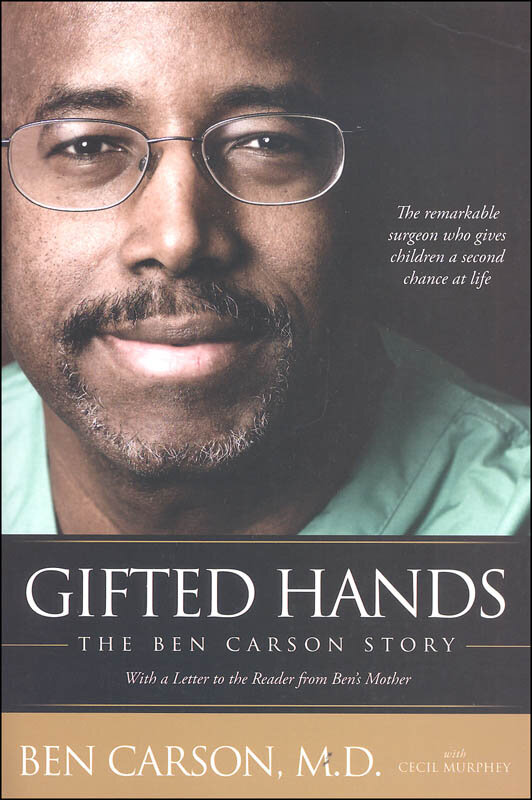From Beacon to Shadow: The African-American Community is Waiting...
“‘More blood! Stat!’” I read. The first line in "Gifted Hands." As a 15-year-old African-American student aspiring to one-day practice medicine I could barely put down the book my mother gave me. The story of Ben Carson MD—many believed to be the guiding light if you were poor or African-American or academically challenged—was the beacon illuminating a journey from adversity to achievement. The first words in “Gifted Hands” by Ben Carson, MD sets the scene within an operating room in 1987 at the Johns Hopkins Institution in which a medical milestone occurred. Two 7-month-old conjoined twins requiring copious amounts of blood, twenty-two hours of procedure time, a seventy-member team led by him and gifted hands resulted in a successful separation of two Siamese twins—Patrick and Benjamin. For Dr. Carson—one of the most academically impactful members of the African-American community—the fall from grace has been anything but subtle. When questioned on May 21st, 2019 by Congresswoman Porter he was asked to define a basic housing term—an REO (Real Estate Owned)—a term used to describe a class of property owned by a lender after an unsuccessful sale at a foreclosure auction. Seemingly unknowing of the term he responded with “Oreo?” at first to which he needed clarification—a surprising response in his position as Secretary of the United States Department of Urban Housing and Development (HUD). Dr. Carson once pillared his accomplishments on the power of knowledge. Now—dismissivae of a fundamental term a person in his position should use commonly this is in stark contrast to the image the black community grew up honoring. One contemporary of the once-esteemed surgeon noted he knew firsthand what Dr. Carson went through and it was nothing short of incredible. But watching his devolution has been a pitiful sight to see.This playbook has not changed and still illuminates the story of a poor black kid from Detroit overcoming multiple barriers—poverty, academic strife, and a system constructed against him—to become director of pediatric neurosurgery at the Johns Hopkins Hospital and perform the successful separation of 7-month-old Siamese Twins when others said it could not be done. Few African-Americans, in any field, have come from very little to achieve such success. In the last chapter—entitled “THINK BIG”—Dr. Carson writes how each letter illustrates an important piece to success. The ‘K’ stands for ‘Knowledge’ which he defines as “‘… the key to all your dreams, hopes and aspirations. If you are knowledgeable, particularly more knowledgeable than anybody else in a field, you become invaluable and write your own ticket.’” Where have these words now gone? Once so important he wrote them in a book to inspire generations to come.A man who once changed lives with words and saved lives with actions has now perished to an online trend seemingly devoid of the basic knowledge required in his current position. The surgeon who changed history in 1987 in that operating room in Baltimore, Maryland will forever be remembered by the African-American community, but the man we see today appears to be a shadow of his former self—at best.This is a perpetual discussion intertwining history, race, culture, politics and medicine. Some of my colleagues may not agree but I desire a return from the former Ben Carson MD.I declare to you Dr. Carson it is never too late to give a young woman of color, who once wrote to you because her mother like yours was a maid, hope and promise that she too can make something out of very little. I declare to you Dr. Carson that there is a young black male facing academic hardship who needs you now. I declare to you Dr. Carson that the African-American community is waiting...
